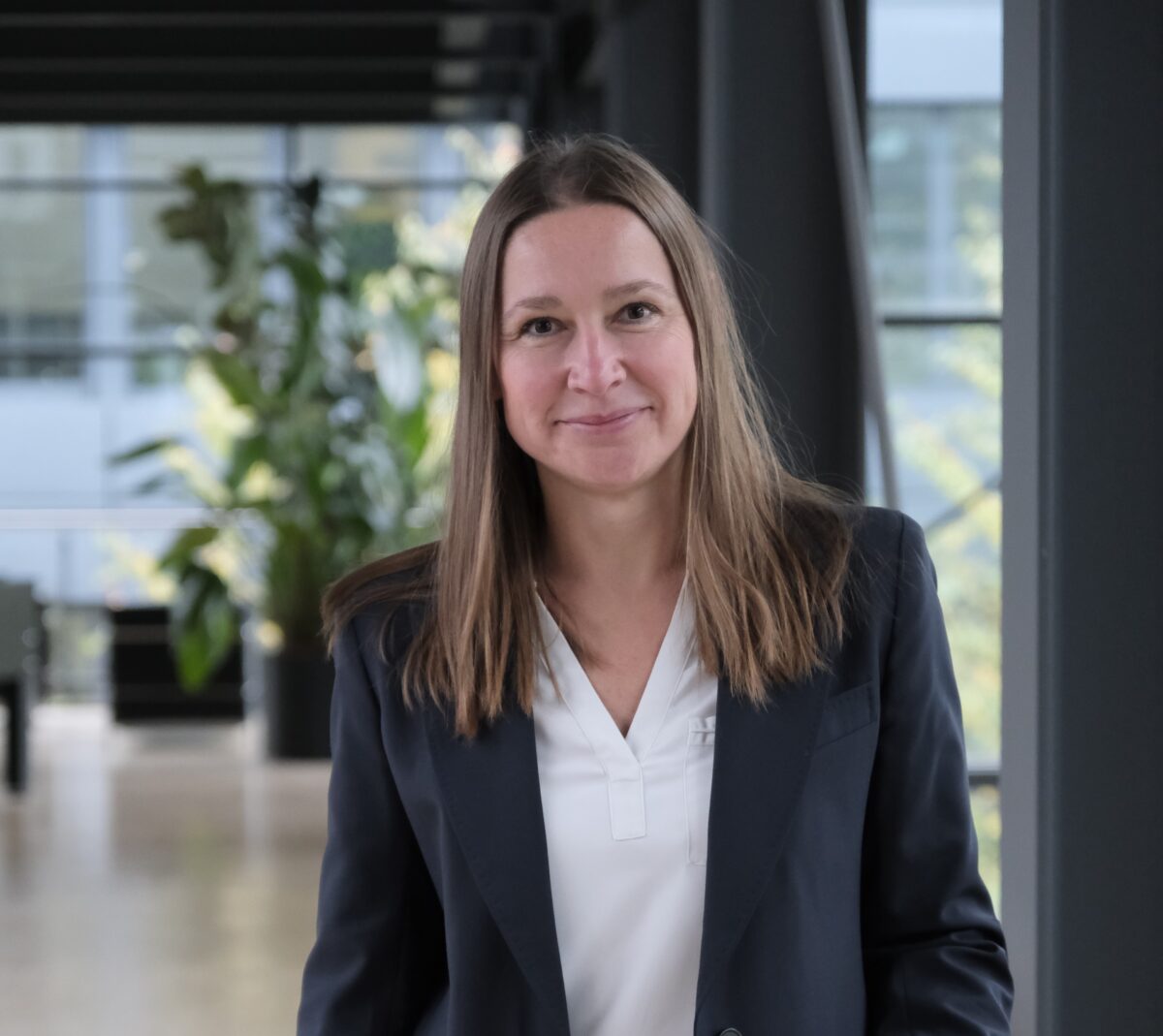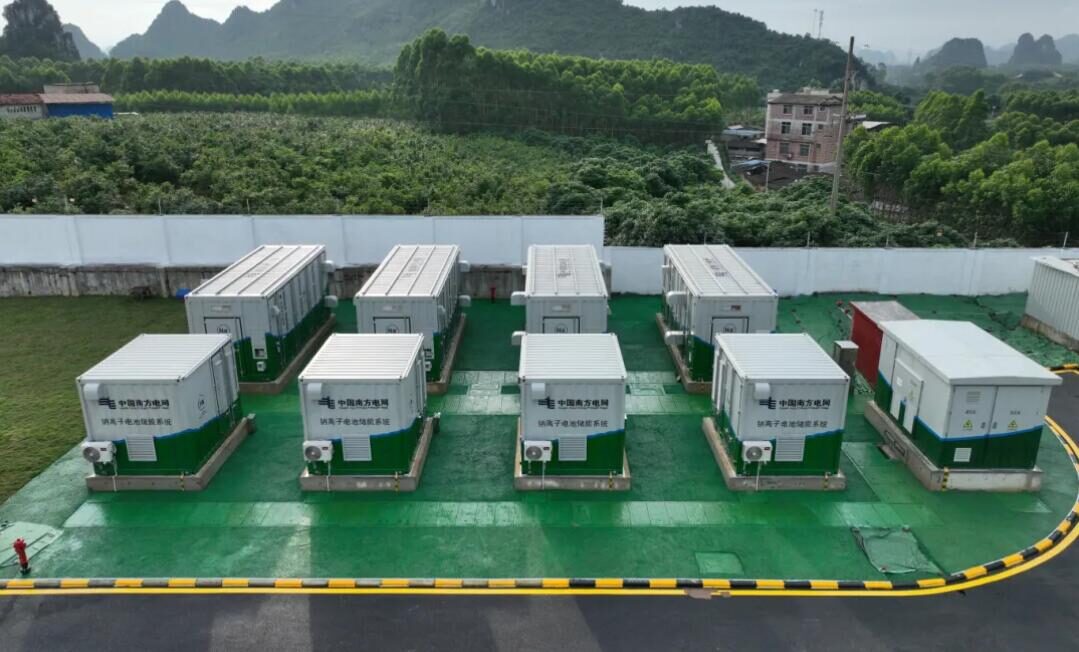After moving from Ukraine to Germany, I started my professional career working at the German energy agency Dena in Berlin and later on at the United Nations in New York, United States. Both organizations acted as catalysts and showcased the crucial role of women in driving sustainable development and advancing gender-inclusive energy policies. Now I work in the private sector at the German company Goldbeck Solar and I am responsible for group-wide M&A and finance transactions across the globe. In addition, I became the managing director of Goldbeck Solar Investment Ukraine, a joint venture company between Goldbeck Solar Investment and the European Bank for Reconstruction and Development (EBRD), which targets to realize up to 500 MW of solar projects in Ukraine in the next three to five years. Both positions represent examples of women’s key role in the energy sector.
The renewable energy industry generally has a higher participation rate of women compared to the traditional energy industry, such as oil, gas, and coal. In those sectors, the overall participation rate is around 20% and even decreases to 15% when it relates to field roles. In the overall renewable energy sector, the participation rate is closer to 32%. The renewable energy sector is relatively young and rapidly growing, which provides more opportunities to implement modern diversity and inclusion practices from the ground up rather than changing established cultures and practices.
Despite the higher participation rate, women are still largely a minority in the sector. This is especially the case for leadership positions where women are still vastly underrepresented. Moreover, there are still issues related to workplace culture, including unconscious bias and a lack of supportive policies for work-life balance. In this regard, mobile work policies are extremely beneficial for women, giving them more agency over their time. Finally, the underrepresentation of women in STEM subjects affects the pipeline of women entering both the renewable and traditional energy sectors, though this is gradually improving with more targeted educational initiatives.
Many of the challenges previously mentioned for the renewable energy sector repeat themselves in the Finance and Investment industries. Underrepresentation again is one of the main concerns as women hold only around 20% of senior roles, a figure that is even smaller for the investment industry. The gender pay gap is ever-present and, given how much pay is linked to performance in senior positions, the underrepresentation has a knock-on effect on the gender pay gap for the industry.
There are several actions that can be taken to increase the participation of women in this industry. As mentioned earlier, given that the sector is relatively young and growing, there is a window to implement modern diversity and inclusion practices from the ground up. Additionally, policies can play a significant role here. By promoting gender equality in the renewable sector and working with organisations and governments, one can ensure that renewable energy projects incorporate gender considerations. Finally, targeted educational and outreach programs designed to encourage women to enter the STEM field, including scholarships, mentorship programs, and career development initiatives, will have a long-lasting impact.
Olga Kovalchuk joined Goldbeck Solar Group in September 2019. She is Responsible for M&A transactions and structured finance across the group and is Managing Director of Goldbeck Solar Investment Ukraine, a joint venture with the European Bank for Reconstruction and Development (EBRD) for Ukraine. She has over 15 years of international experience within M&A, finance and business development in Europe, Latin America and Central Asia across wind and solar PV infrastructure assets. She has worked in organizations such as Vattenfall, Sowitec United Nations and German energy agency dena, and holds a master degree in international business administration from the European University Viadrina in Frankfurt/Oder, Germany.
Interested in joining Olga Kovalchuk and other women industry leaders and experts at Women in Solar Europe? Find out more: www.wiseu.network
Popular content
The views and opinions expressed in this article are the author’s own, and do not necessarily reflect those held by pv magazine.
This content is protected by copyright and may not be reused. If you want to cooperate with us and would like to reuse some of our content, please contact: editors@pv-magazine.com.



By submitting this form you agree to pv magazine using your data for the purposes of publishing your comment.
Your personal data will only be disclosed or otherwise transmitted to third parties for the purposes of spam filtering or if this is necessary for technical maintenance of the website. Any other transfer to third parties will not take place unless this is justified on the basis of applicable data protection regulations or if pv magazine is legally obliged to do so.
You may revoke this consent at any time with effect for the future, in which case your personal data will be deleted immediately. Otherwise, your data will be deleted if pv magazine has processed your request or the purpose of data storage is fulfilled.
Further information on data privacy can be found in our Data Protection Policy.